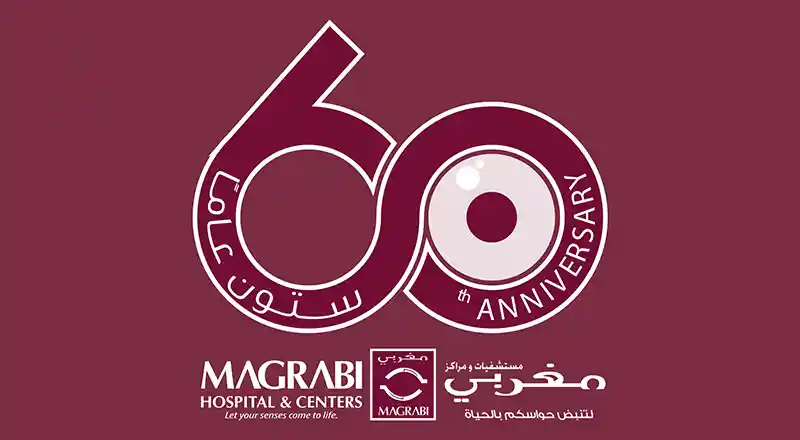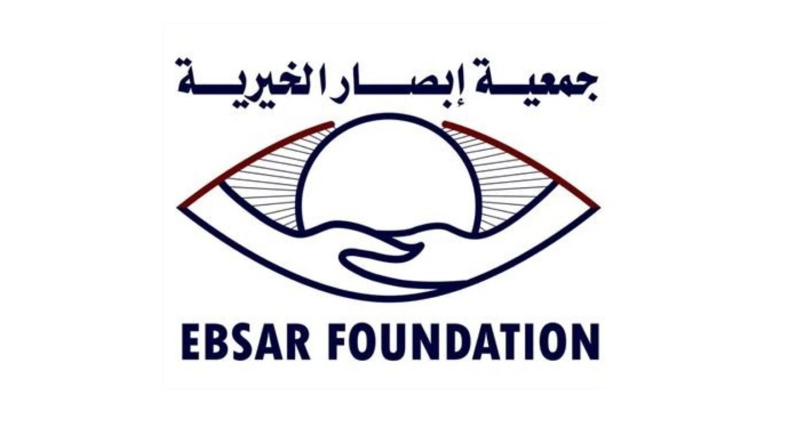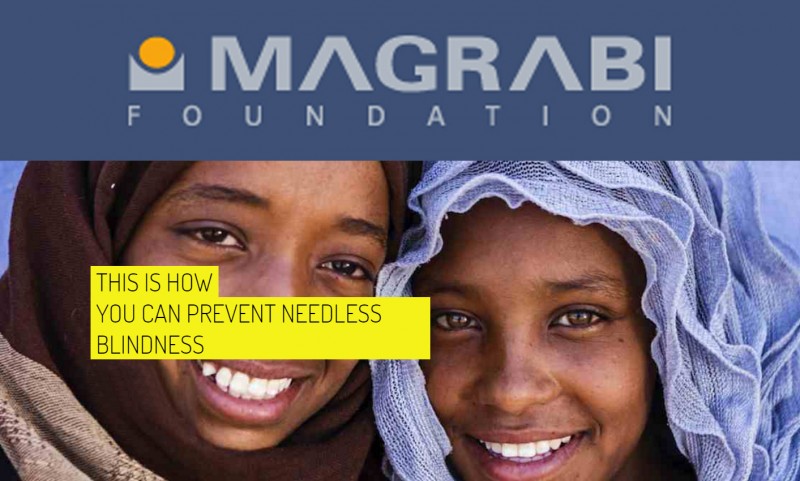Magrabi Hospitals & Centers

Founded in 1955, Magrabi Hospitals & Centers has evolved from a simple eye hospital in Jeddah, the first private specialized facility in the Middle East and Africa, to become the largest eye care network in the world, providing eye care to more than 1,000,000 patients and performing more than 100,000 sight-preserving surgeries annually.
Magrabi decided to strengthen its position of regional leadership by acquiring ENT and Dentistry practices. With this strategic move, Magrabi Hospitals & Centers further penetrated the region, combining its heritage and experience in other medical fields
In 1997, Magrabi Hospitals & Centers associated in partnership with AMI Saudi Arabia Limited (established in 1980 by The American Medical International Company that is one of the largest hospital management companies in the USA).
Magrabi Hospitals & Centers has been expanding to cover more of the Middle East & Africa, including 30 hospitals and centers in nine countries. Magrabi ophthalmology team includes more than 300 physicians, 600 nurses and 40 optometrists. The facilities host 40 operating theaters and 25 Excimer laser machines.
Over the years, MAGRABI Hospitals & Centers has become a symbol for excellence in the Eye, ENT and Dentistry care fields for its heritage, the most skilled internationally trained doctors, exceptional services, state-of-the-art technology and ultra modern facilities offering world-class healthcare.




